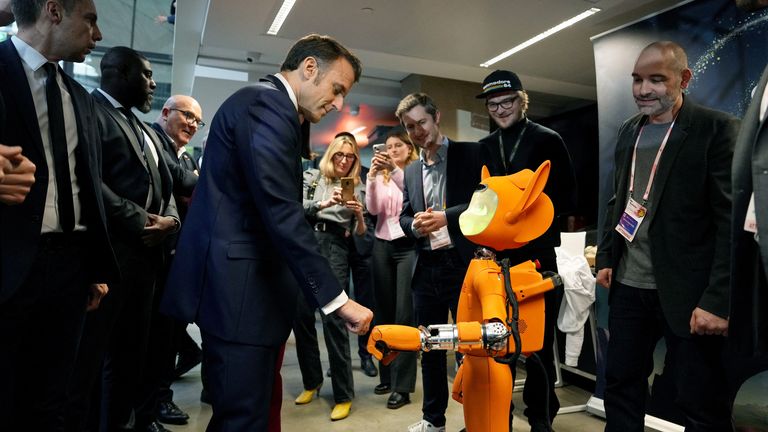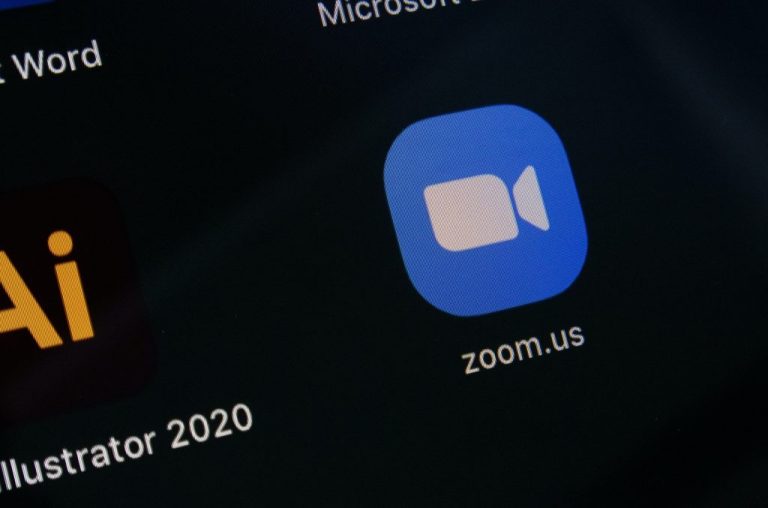Understanding the UK’s Decision to Opt-Out of the Global AI Agreement
World leaders and technology entrepreneurs gathered in Paris this week, aiming to present a unified front on artificial intelligence. However, following a two-day summit, the UK and the US left without endorsing a global declaration on AI.
On Tuesday, US Vice President JD Vance expressed concerns that excessive regulation might “kill a transformative industry just as it’s taking off.” Notably, Donald Trump has signed an executive order reversing rules set by Joe Biden.
A representative from the UK government voiced dissatisfaction, stating, “The declaration didn’t provide sufficient practical clarity on global governance and failed to tackle critical issues regarding national security.”
What is the Paris AI Action Summit?
What specific issues is the UK government concerned about? Beyond job displacement and data privacy, Carsten Jung, head of AI at the Institute for Public Policy Research (IPPR), identified more substantial existential threats to consider.
He highlighted several dangers posed by AI, including its potential to assist hackers in infiltrating systems, the unpredictability of autonomous AI bots online, and even enabling terrorists to develop bioweapons. “This isn’t science fiction,” he asserted.
Dr. Jen Schradie, an associate professor at Sciences Po University, cautioned that those most vulnerable to unregulated AI are often the least involved in its development. “Many of us spend excessive time on our phones and want to reduce that,” she explained. “But individuals who lack consistent internet access or the skills to engage online are excluded from critical discussions.” Such voices are often left out of data sets that inform AI solutions in sectors like healthcare and employment, she added.
Several summit participants expressed concern that without prioritizing these risks, governments might pursue advanced AI solutions without addressing potential repercussions. Professor Stuart Russell from the University of California at Berkeley noted, “The only assurance regarding safety offered is an ‘open and inclusive process,’ which lacks substance.” Many experts left the summit feeling disillusioned about the safety of AI systems.
Michael Birtwistle from the Ada Lovelace Institute likened unregulated AI to unregulated food and medicine. “When considering food, medicine, and aviation, there’s international agreement on what is needed for public safety,” he explained. “Instead of a cautious approach that carefully considers risks before scaling, we see AI products being hastily introduced to the market.”
Moreover, the rapid popularity of these AI products is noteworthy; within just two months of its launch, ChatGPT reportedly achieved 100 million monthly active users, making it the fastest-growing app in history. Carsten Jung emphasized the need for a collective approach to address the challenges posed by such global phenomena. “If we all prioritize speed over careful risk management, we might face serious consequences,” he cautioned.






